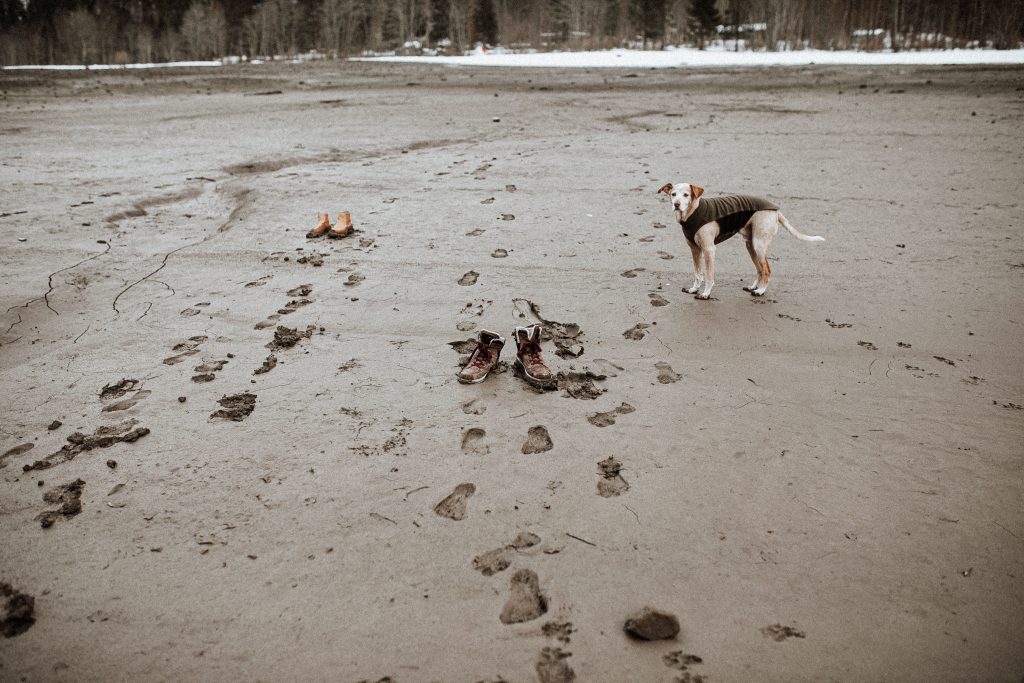
Posts by:
Jason Carr, Former Pet Health Network Editor-in-Chief
Dog Checkups & Preventive Care
Natural disasters remind us that people are not the only ones in danger. Pets are also caught up in the destruction and chaos that often accompanies tragedy. These five tips will help you be better prepared to protect your pet in the aftermath of a disaster; make sure to talk to your veterinarian about what you need for your pet in case of disaster.
1. Many disaster evacuation centers can’t accept pets.
Emergency shelters often provide vital relief for those displaced by disasters, but many shelters (e.g., Red Cross shelters) can’t take pets. The reason, as reported by the CDC, is that it would be in violation of health and safety regulations.
2. You may need your pet’s medical records.
Many pet-friendly disaster shelters require up-to-date, medical records for your pet. Much like signing your dog up for daycare, proof of up-to-date vaccinations will likely be required to ensure the safety of other pets and people. Always make sure to keep a record of your pet’s vaccinations handy.
3. In America, federal law requires states to include planning for domesticated species in their emergency evacuation plans.
As we saw during Hurricane Katrina, many pet parents will choose to stay in danger if the alternative is to abandon their pets. This became so obvious during the 2005 disaster that federal and state law has changed dramatically as a result. The resulting “Pets Evacuation and Transportation Standards Act” requires that planning for domesticated animals be included in disaster plans.
4. A microchip vastly improves your chances of reuniting with a lost pet.
HomeAgain.com says that 1 in 3 pets will be lost in their lifetime. According to a study, reported by the AVMA, guardians were successful in recovering dogs without microchips only 21.9% of the time. Conversely, dogs with a microchip were reunited 52.2% of the time. Corbin the dog was reunited with his family after traveling over 1,100 miles, thanks to his microchip. If you’re caught in a disaster and separated from your pet, make sure to notify your microchipping company of any change of contact information; since they can’t reunite you if they can’t find you
5. Don’t forget your pet when you make your disaster and first aid kits
An emergency supply kit is smart; Dr. Justine Lee adds that it’s also simple: “Start with a brightly colored backpack…in case of an emergency, you can easily find it in your closet or basement and ‘grab and go.’” The bag should include a leash, an extra collar, a basic first aid kit, and other essentials found here. Dr. Mike Paul adds that you should have an absolute minimum of 5 days worth of spare medication, a few sealed gallons of water and a sealed container of food.







